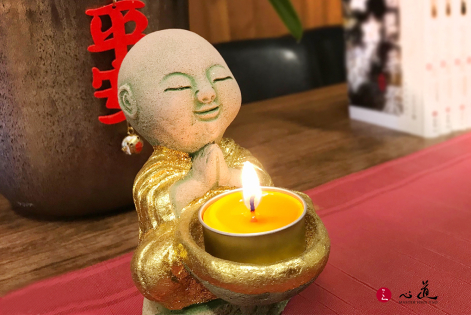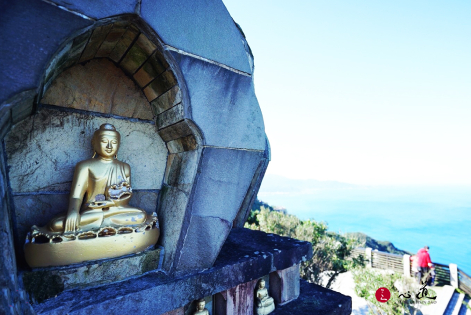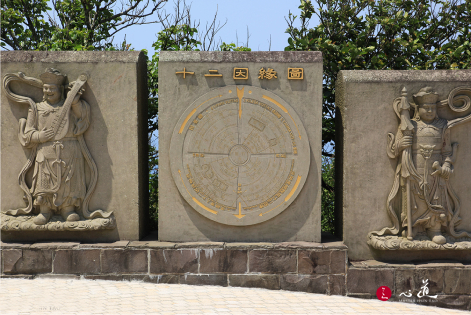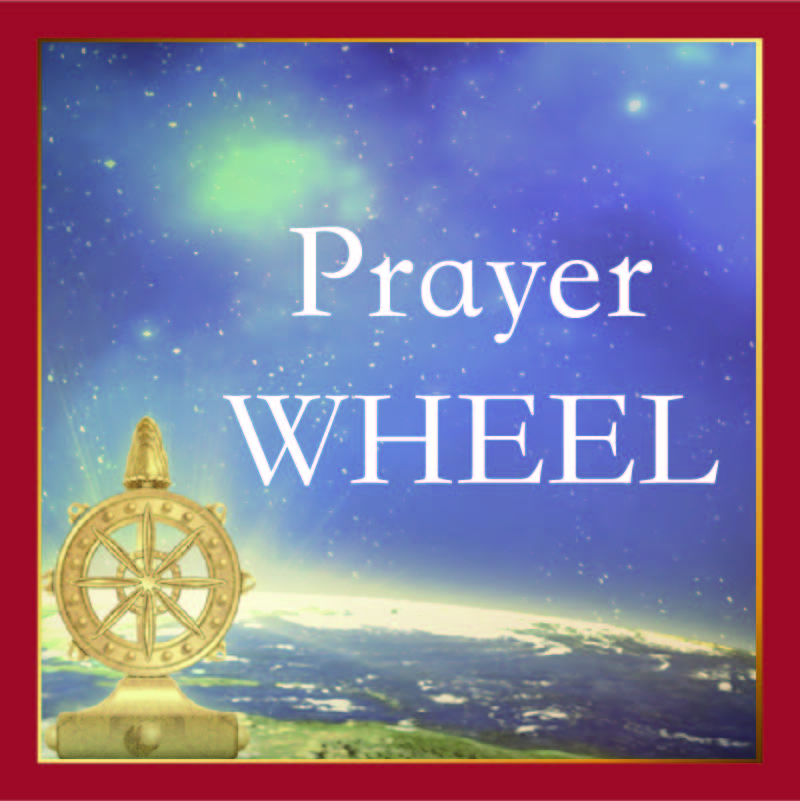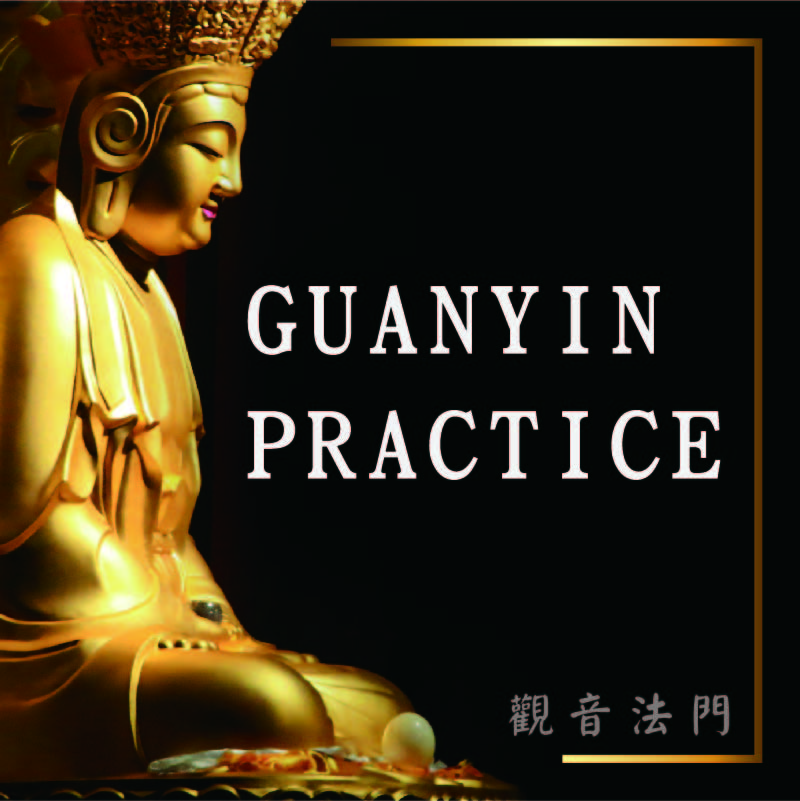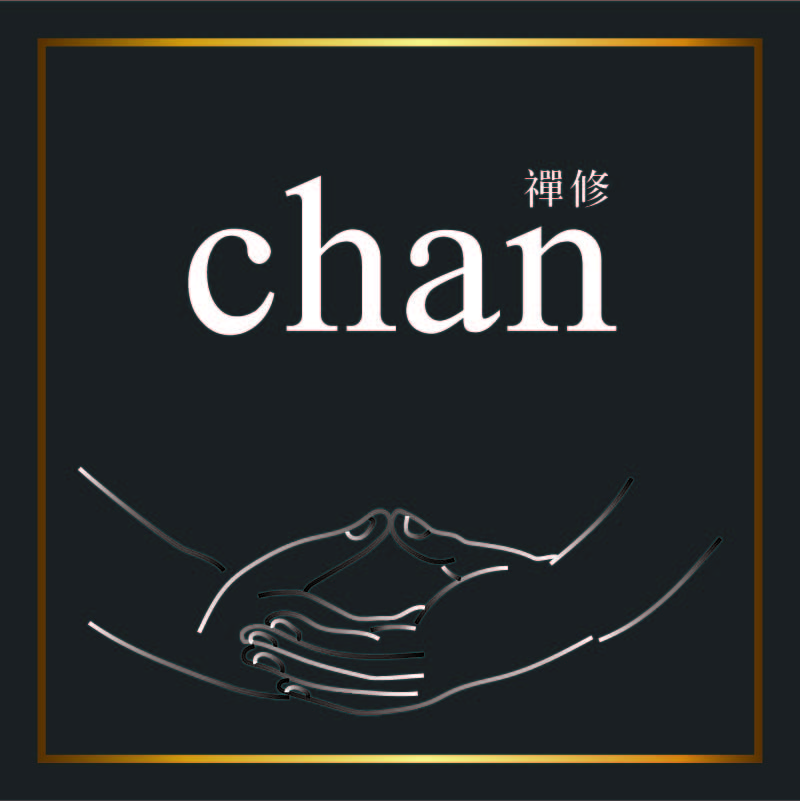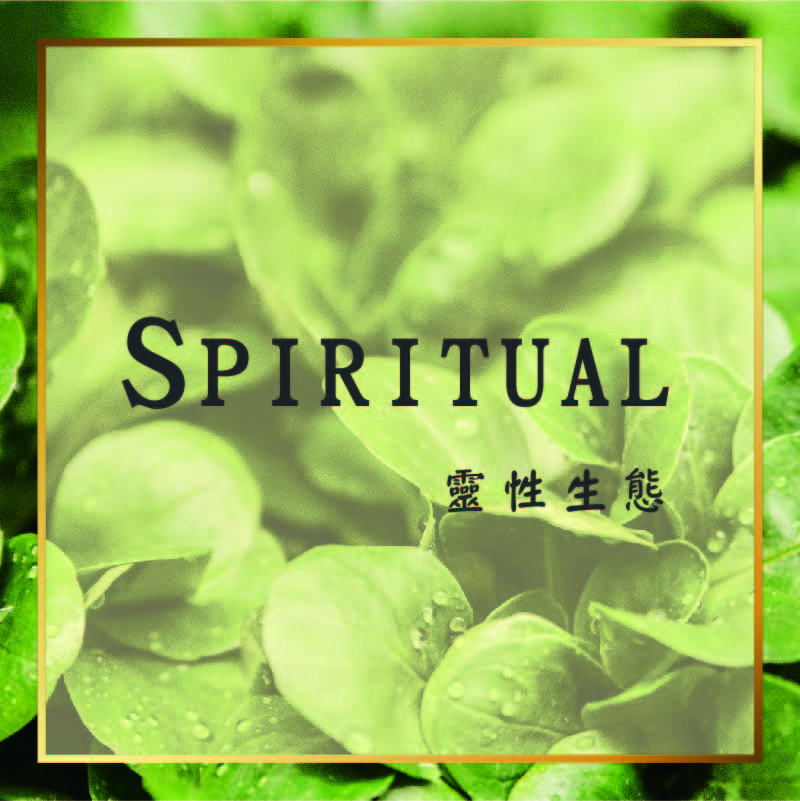
Good Intentions are Thanked
 Lately, a generous student has run into several familial troubles. He came to me depressingly. When faced with this situation, many people often complain, “I’ve been a good person and doing good things, how did this happen to me?” Some may conclude that there’s no positive return for kind acts.
Lately, a generous student has run into several familial troubles. He came to me depressingly. When faced with this situation, many people often complain, “I’ve been a good person and doing good things, how did this happen to me?” Some may conclude that there’s no positive return for kind acts.
Is that true though?
I’ve read a story once. A beggar saw many villagers crossing the river in rowing boats. It was unsafe and the accident might happen any time. For the safety of villagers, he aspired to build a bridge through begging. One day, he met a rich squire. Upon learning his project, the squire was moved and made a great donation. The beggar acted as the supervisor of the bridge building.
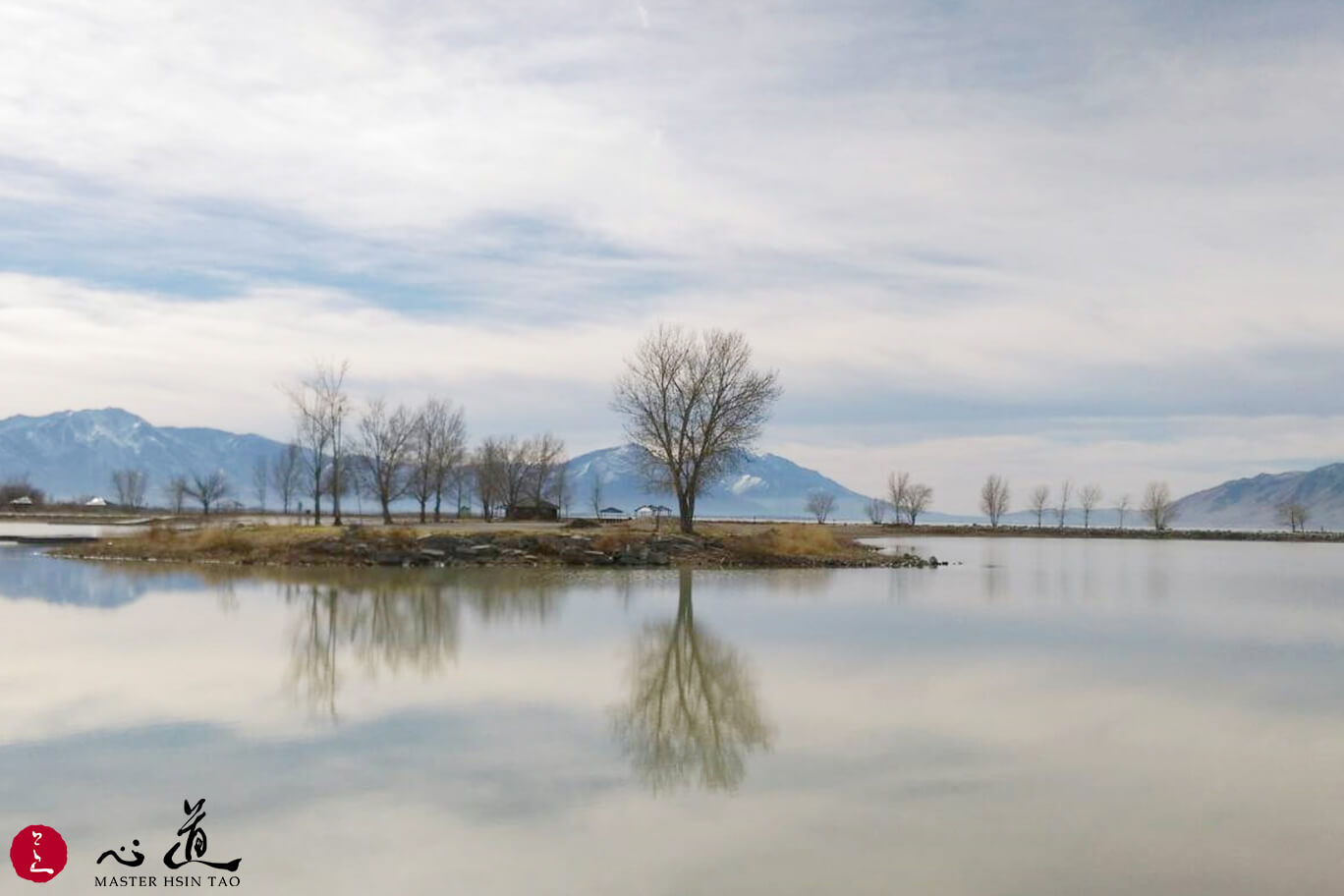 Once, the dirt entered his eyes and lead to blindness. Yet, the beggar still held his post. Another time, a fallen rock broke his leg. Finally, the bridge was completed. On this day, everyone asked the beggar to cross the bridge first. Halfway through it, a thunderstroke killed him.
Once, the dirt entered his eyes and lead to blindness. Yet, the beggar still held his post. Another time, a fallen rock broke his leg. Finally, the bridge was completed. On this day, everyone asked the beggar to cross the bridge first. Halfway through it, a thunderstroke killed him.
Just as everyone was saying how “good intentions go unthanked”. A governor was crossing the village and learned about the story. He wrote on the beggar’s hand “good intentions go unthanked”. After he returned to the imperial palace, he reported this story to the emperor. The emperor shared that the newborn prince had kept crying. Oddly, on the hand of the baby prince, there were words written: “good intentions go unthanked”. The infant kept crying nonstop. The governor saw his handwriting and realized that he was wrong. He wiped off the last word and changed into, “good intentions are thanked”. The baby prince had stopped crying.
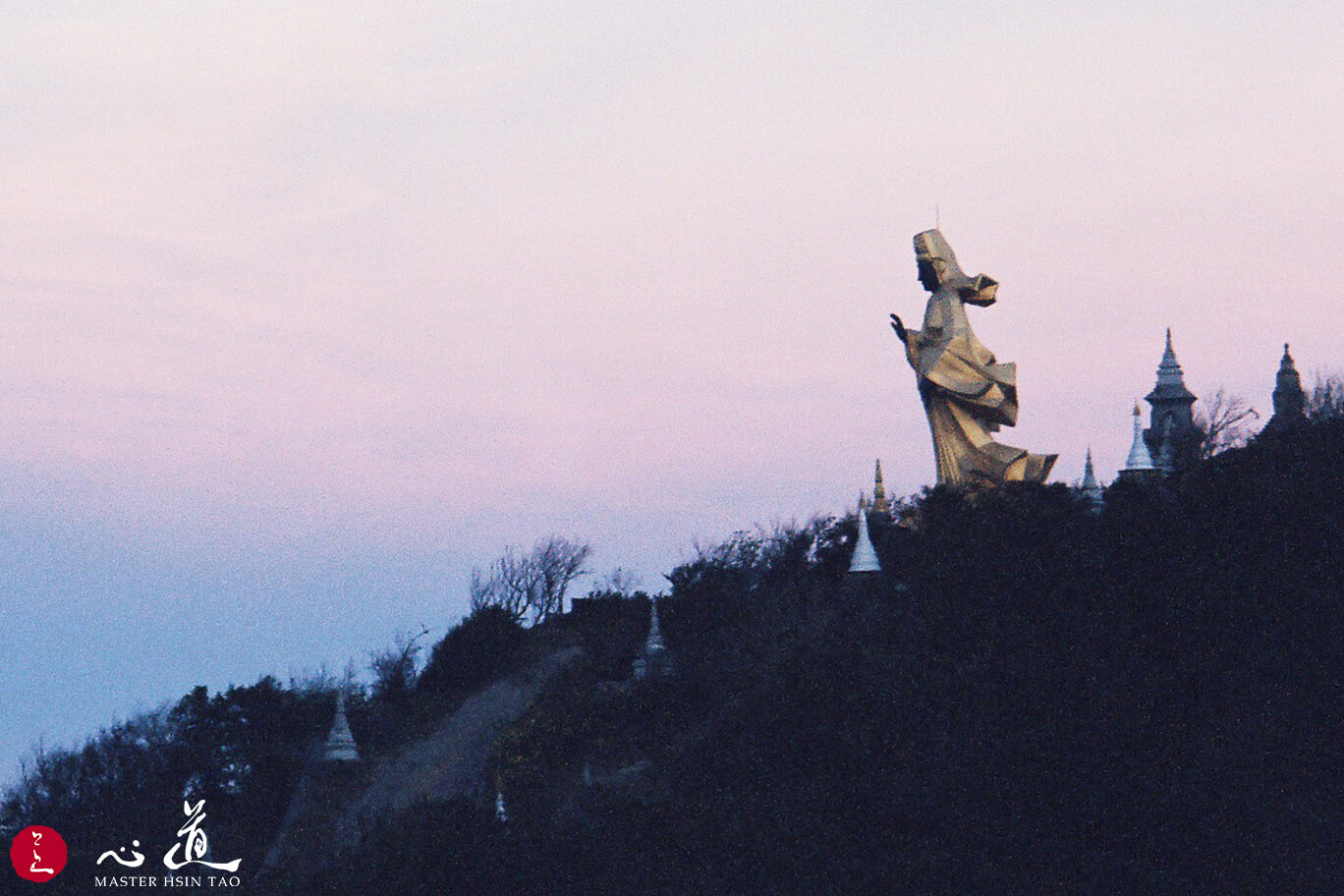 The beggar was supposed to endure one accident in three lifetimes. But he went through all of them in one lifetime. Then next, he took rebirth as a prince. Are “good intentions go unthanked” true? Practicing Dharma doesn’t mean everything is waived. Karmic consequences can’t be avoided. You’d die when your time is up. If you had the karmic causes to get sick, you can’t get away either. Whatever we’ve done in the past, we’d bear the consequences. Our life is made up of different conditions. We might offend others, or be a helpful hand of others. Goods and bads are mixed together to form our life.
The beggar was supposed to endure one accident in three lifetimes. But he went through all of them in one lifetime. Then next, he took rebirth as a prince. Are “good intentions go unthanked” true? Practicing Dharma doesn’t mean everything is waived. Karmic consequences can’t be avoided. You’d die when your time is up. If you had the karmic causes to get sick, you can’t get away either. Whatever we’ve done in the past, we’d bear the consequences. Our life is made up of different conditions. We might offend others, or be a helpful hand of others. Goods and bads are mixed together to form our life.
You must pay back whatever you’ve owed. Since we’ve learned about Buddhadharma and virtuous deeds, we can live on this life with virtues and refrain from non-virtues. Our future will be filled with virtues. That’s why we must uphold the five precepts of laity and the ten virtues. This is how our life can be turned around. After transforming our life through precepts and virtuous deeds, we’d know how to benefit others. This is “engendering bodhicitta”.
Bodhicitta is the practice of altruism. All sentient beings are the subject of our help. First, we need to establish connections with others continuously. Those that are already connected, make an effort to improve the relations. Our life isn’t limited to one. The bodhisattva aspiration must thread through one lifetime after another. That way, our life can be as brilliant as the wish-fulfilling jewel.


